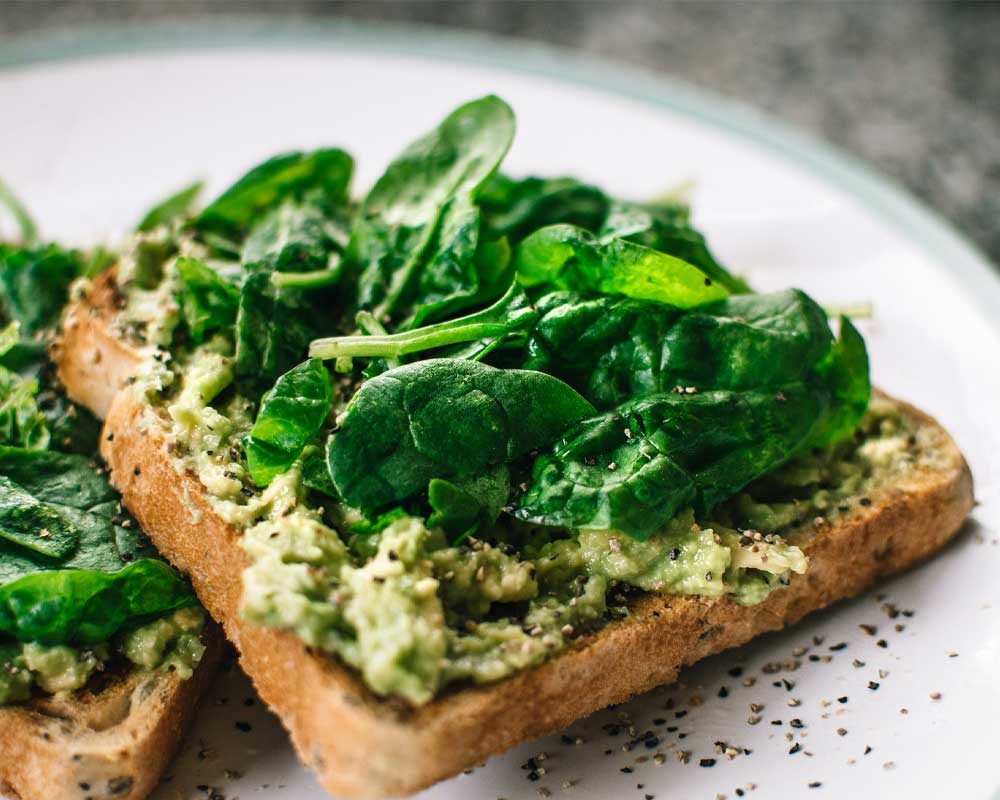
Vegan Intermittent Fasting: A Journey to Health and Compassion
In a world where health-consciousness meets ethical concerns, Vegan Intermittent Fasting emerges as a powerful lifestyle choice. This article delves into the depths of this dietary strategy, exploring how it not only benefits your physical well-being but also resonates with compassion for animals and the environment.

Understanding Intermittent Fasting
Before we dive into the vegan aspect, let’s grasp the concept of intermittent fasting (IF).
What is Intermittent Fasting (IF)?
Intermittent fasting is not a diet; it’s a pattern of eating. It involves cycles of eating and fasting, with periods of eating known as ‘eating windows’ and fasting periods as ‘fasting windows.’
Different Intermittent Fasting Methods
There are various approaches to IF, such as the 16/8 method, 5:2 method, and the warrior diet. Each has its unique structure and benefits.
The Rise of Veganism
As the world becomes more conscious of the ethical implications of dietary choices, veganism has gained substantial popularity.
What is Veganism?
Veganism is a lifestyle that excludes all animal products, not just in diet but in every aspect of life. It’s a philosophy grounded in compassion for animals and the planet.
The Synergy: Veganism and Intermittent Fasting
Now, let’s explore how these two powerful concepts come together harmoniously.
The Health Benefits
Weight Management
One of the primary reasons people opt for vegan intermittent fasting is weight management. The controlled eating windows help in calorie regulation, promoting weight loss.
Enhanced Metabolism
IF boosts metabolism, enhancing the body’s ability to burn fat and reducing the risk of metabolic diseases.
The Ethical Connection
Compassion for Animals
Vegan IF aligns with the ethical aspect of veganism, showing kindness to animals by not exploiting them for food.
Sustainable Living
By choosing plant-based foods during the eating window, you contribute to a sustainable planet by reducing your carbon footprint.
How to Start Vegan Intermittent Fasting
Now that you’re intrigued, let’s discuss how to embark on this transformative journey.
Meal Planning
Plan balanced vegan meals that provide essential nutrients during your eating window.
Choose the Right Method
Select an intermittent fasting method that suits your lifestyle, be it the 16/8 or any other variant.
Stay Hydrated
Ensure you stay hydrated during fasting hours, with water and herbal teas being your best friends.
Success Stories
Let’s get inspired by some real-life success stories of individuals who have thrived on vegan intermittent fasting.
Emily’s Journey to Weight Loss
Emily shares how vegan IF helped her shed those extra pounds and regain her confidence.
John’s Ethical Awakening
John’s story emphasizes how he found a sense of purpose by aligning his diet with his ethical beliefs.
Tips for a Successful Vegan Intermittent Fasting Journey
To make your journey smoother, consider these practical tips.
Listen to Your Body
Pay attention to hunger cues and adjust your eating window accordingly.
Seek Support
Join vegan IF communities for motivation and guidance.
Be Patient
Results may take time; consistency is key.
Conclusion
Vegan Intermittent Fasting is not just a dietary choice; it’s a holistic lifestyle that combines health, compassion, and sustainability. By adopting this approach, you’re not only nourishing your body but also nurturing your spirit and the planet.
FAQs
1. Is vegan intermittent fasting suitable for everyone?
Vegan IF can be suitable for most people, but consult a healthcare professional if you have underlying health conditions.
2. Can I build muscle on a vegan intermittent fasting diet?
Yes, it’s possible to build muscle by ensuring you consume enough protein during your eating window.
3. Will I feel hungry all the time while fasting?
Initially, you may feel hungry, but your body adapts over time, and hunger pangs tend to decrease.
4. Can I drink coffee or tea during fasting hours?
Yes, black coffee and herbal teas are generally acceptable during fasting hours, as they contain minimal calories.
5. Is vegan intermittent fasting eco-friendly?
Yes, adopting a plant-based diet during your eating window contributes to a more sustainable and eco-friendly lifestyle.
Read More
Does Pea-nut Butter Make You Gain Weight? Debunking the Nutty Myth
Bana-nas and Diab-ete: A Sweet Affair with a Healthy Twist
Pota-toes and Diab-etes: A Heartfelt Exploration of the Connection
The Sweet Solution: How Mangoes Can Impact Dia-betes
Unlocking the Potential of a Low-Carb Diet: A Lifeline for Dia-betics
How to Prevent Diabetes: Taking Charge of Your Health
A Vegan Diet for Dia-betes: A Compassionate Path to Health and Wellness
How Many Carbs Should You Eat If You Have Diabetes?
Diab-etes Diet: A Journey Towards Health and Freedom
Diabetes Snacks: Delicious Choices for a Healthy Lifestyle
Cinamon and Diab-etes: A Sweet Spice’s Impact on Blood Sugar
